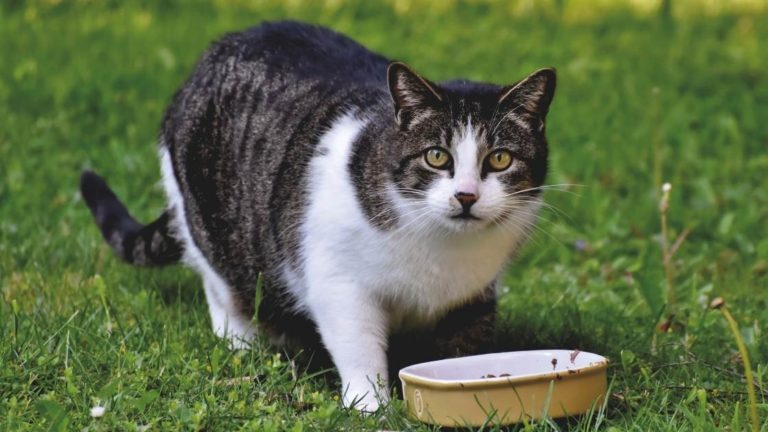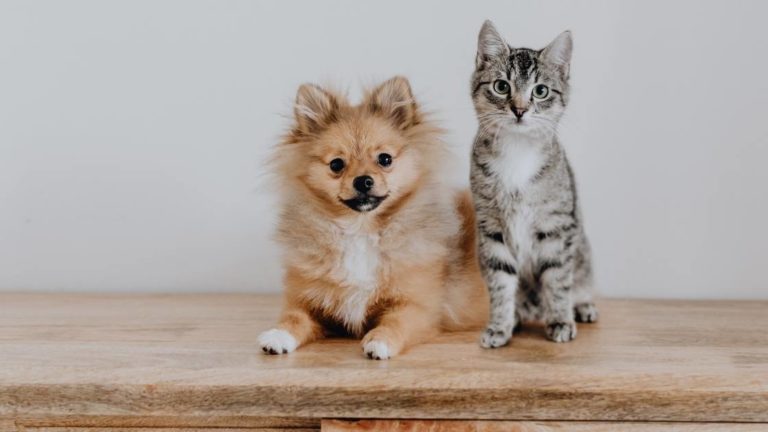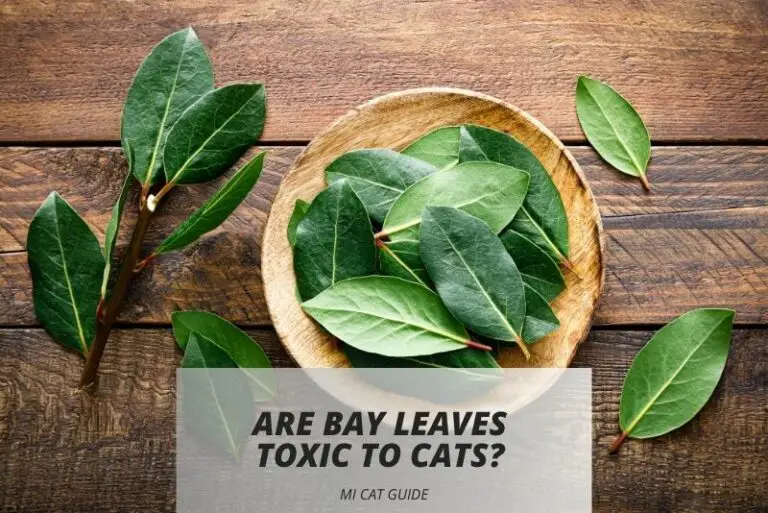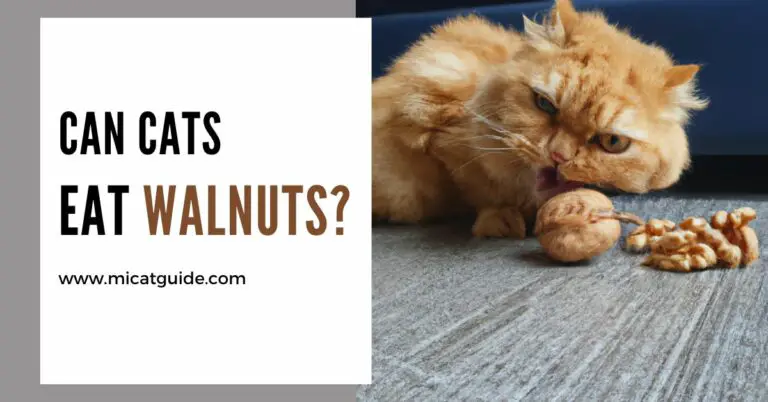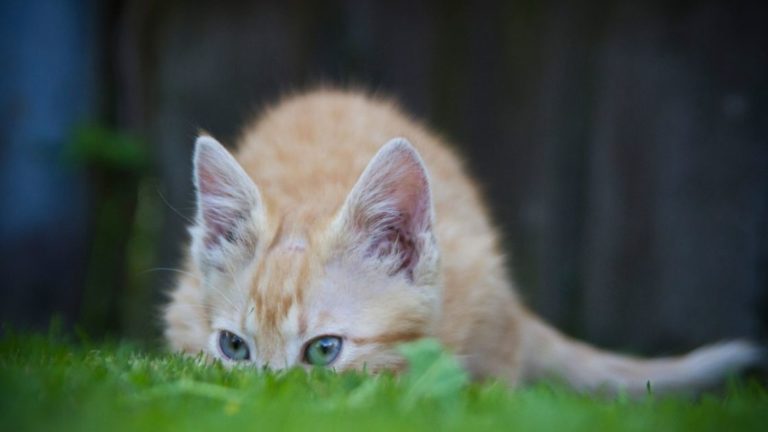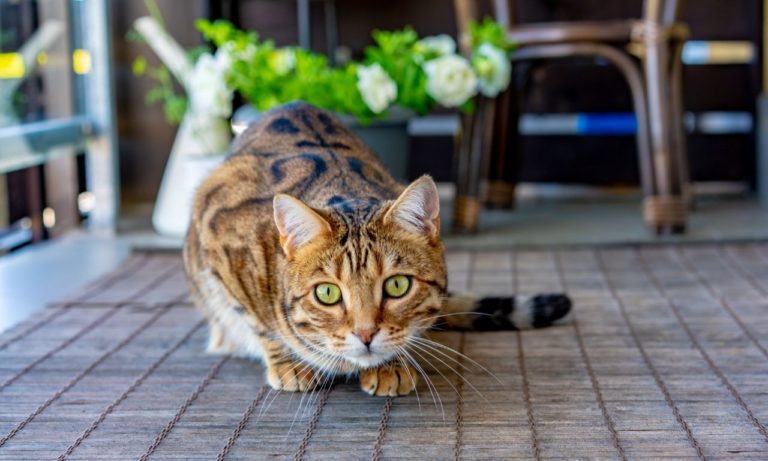Cat not Eating after Vet Visit: Reasons & My Solutions
Our feline friends are prone to a variety of health problems, some of which require a visit to the vet. After a vet visit, it’s not uncommon for cats to lose their appetite. This type of behavior can be a sign of stress or illness. If your cat is not eating after a vet visit, it’s important to monitor their behavior and consult with your veterinarian to rule out any health concerns.
There are a number of reasons why your cat may not be eating after a vet visit. It could be that they’re feeling ill, or they may be experiencing stress from the vet visit itself. If your cat is normally a good eater and suddenly stops eating, it’s important to take note of any other changes in behavior.
In this blog post, I’ll explore the reasons why your cat may not be eating after a vet visit, and what you can do to help them.
Reasons Why Cats may Stop Eating After a Vet Visit
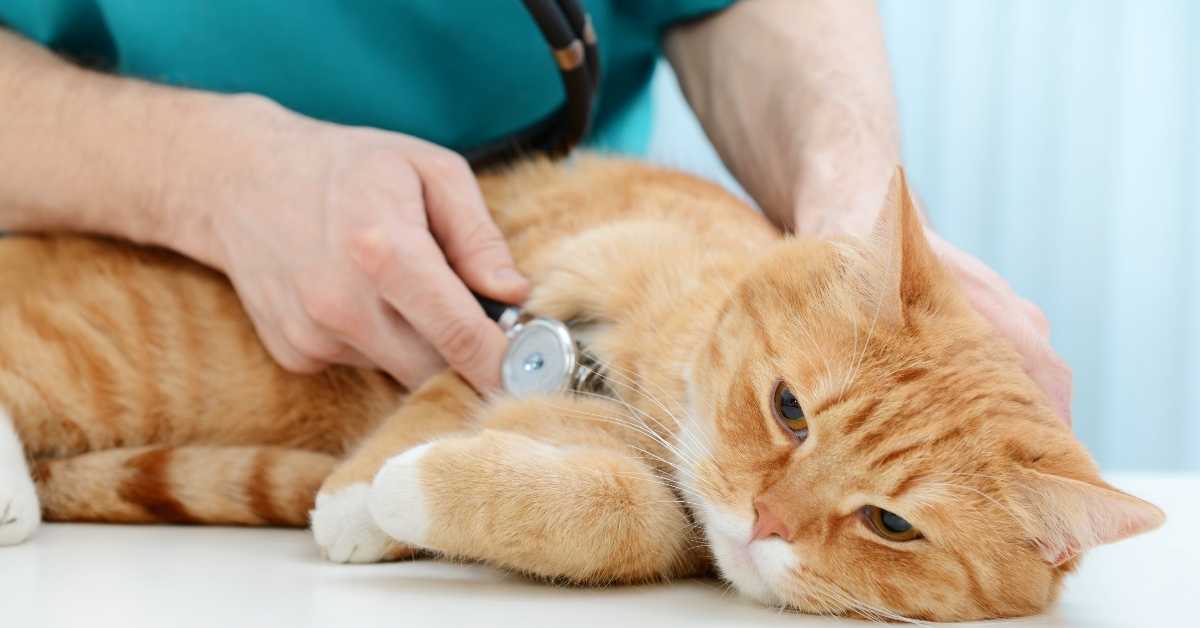
According to the ASPCA, there are a number of reasons why your cat may not be eating after a vet visit. These include:
Pain from the Examination or Procedures
As we mentioned before, your cat may be in pain from the examination or procedures that were done during the vet visit. This can make it difficult or uncomfortable for them to eat.
If you think this might be the case, check their mouth for any sores or redness. If you see anything, call your vet right away.
Stress from the Change in Routine
Cats are creatures of habit, so a change in routine can be stressful for them. This is especially true if they’re not used to going to the vet.
If your cat is stressed, try giving them their space and letting them come to you when they’re ready. You may also want to try a calming supplement to help reduce their stress levels.
Anxiety from the Vet Visit
Another reason why your cat may not be eating is because they’re anxious about the vet visit. This can be due to a variety of factors, including the unfamiliar environment, the car ride, or the fear of being away from home.
If your cat is experiencing anxiety, try offering them their favorite treats or snacks. You can also try using a pheromone diffuser to help reduce their stress levels.
Sickness or Disease
Unfortunately, sometimes the reason why a cat stops eating after a vet visit is because they’re sick or have a disease. This could be anything from an infection to cancer. If you think this might be the case, call your vet right away.
Discomfort from Wearing a Collar or Cone
If your cat is wearing a collar or cone, they may not be able to eat properly. This can cause them to become uncomfortable or even choke on their food.
If you think this might be the case, check their collar or cone to make sure it’s not too tight. You may also want to try feeding them smaller meals more often throughout the day.
Sores or Redness in the Mouth
Finally, sores or redness in the mouth can also make it difficult for cats to eat. This could be due to the vet’s examination, a procedure, or an infection.
If you see any sores or redness in your cat’s mouth, call your vet right away. They can determine the cause and provide you with further instructions.
What Expert Vet Says about this?
I found a online video where Dr. Sarah Wooten, DVM, MBA, CVJ, a Colorado-based veterinarian and diplomate of the American College of Veterinary Journalists gives some tips if your cat is not eating after going to the vet.
According to her, the number one reason cats don’t eat after a vet visit is stress. She suggests trying to make the rest of their day as quiet and low-key as possible. If they’re normally an indoor cat, try letting them outside for a little while.
She also recommends offering your cat their favorite foods and treats. If they still don’t want to eat, she suggests giving them a little bit of wet food on your finger. If you’re still having trouble getting your cat to eat, she recommends calling your vet. They may be able to prescribe an appetite stimulant or give you further instructions.
Here is the video if you want to watch it:
What to do if your Cat Stops Eating after a Vet Visit
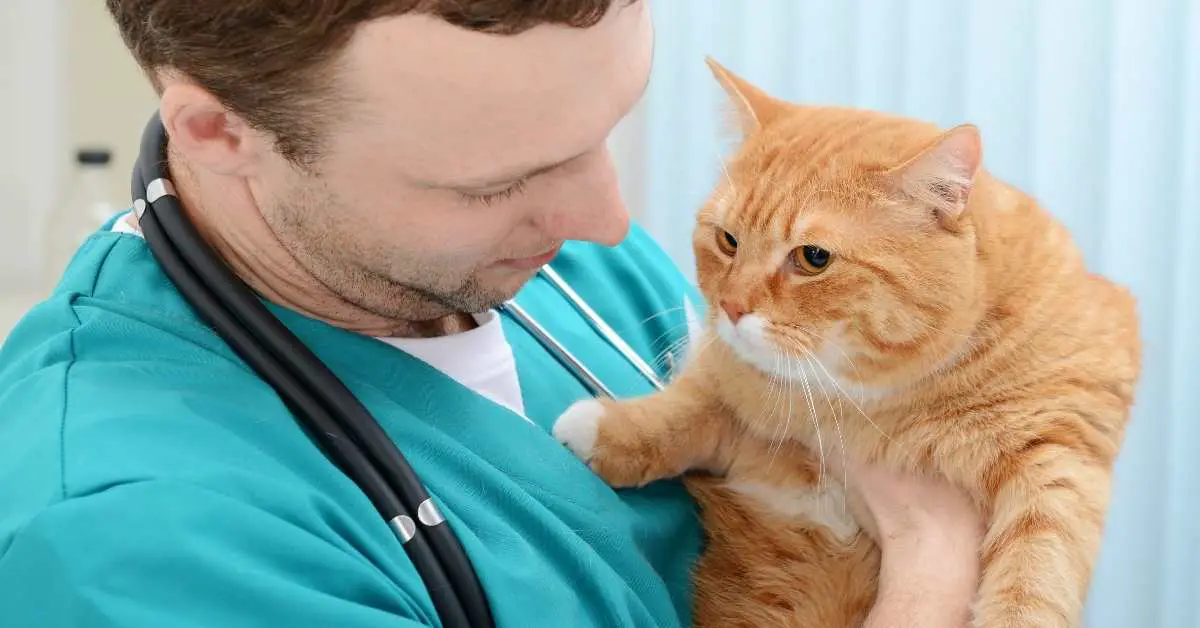
I know how worrisome it can be when your cat stops eating. I personally once went through this with my own cat. After a routine vet visit, my usually voracious eater suddenly stopped eating altogether. I was so worried that something might be seriously wrong.
As it turns out, there are a number of reasons why your cat may not be eating after a vet visit. Here are a few things you can do if your cat stops eating:
#1. Monitor their Behavior
If your cat is not eating, be sure to monitor their behavior for any other changes. This includes drinking habits, energy levels, bathroom habits, and so on. Any changes in these areas could be indicative of a more serious issue and warrant a call to your vet.
#2. Check Their Mouth
One reason why your cat may not be eating is because they’re in pain. After a vet visit, it’s not uncommon for cats to have sore mouths from the examination or from any procedures that were done. Take a look inside their mouth to see if there are any sores or redness that could be causing them discomfort. If you see anything, call your vet right away.
#3. Try Different Foods
If your cat is normally a good eater and suddenly stops eating, try offering them different types of food. Cats can be picky eaters, so they may not like the food you’re offering them. Try wet food, dry food, or even human food to see if they’ll eat.
#4. Give them their Space
After a vet visit, your cat may just need some time to relax and adjust. cats are creatures of habit, so a change in routine can be stressful for them. Give them their space and let them come to you when they’re ready.
#5. Offer them their Favorite Treats
As like us, sometimes our favorite foods can make us feel better. If your cat is not eating, try offering them their favorite treats or snacks. This may entice them to eat and help them feel better. You can also offer his/her favorite sweets to them to make them feel happy.
#6. Try a Calming Supplement
If your cat is experiencing stress from the vet visit, you may want to try a calming supplement. There are a variety of products on the market that can help calm your cat and reduce their stress levels. Talk to your vet about which product would be best for your cat.
#7. Keep Them Comfortable
Make sure your cat has a comfortable place to rest and relax. A cozy bed or blanket will help them feel safe and secure. You may also want to consider using a pheromone diffuser, which can help reduce stress levels in cats.
#8. Call Your Vet
If your cat is not eating and you’re unsure why, the best thing to do is call your vet. They can help you determine the cause of the problem and provide you with further instructions.
Tips for Preventing your Cat from not Eating after a Vet Visit
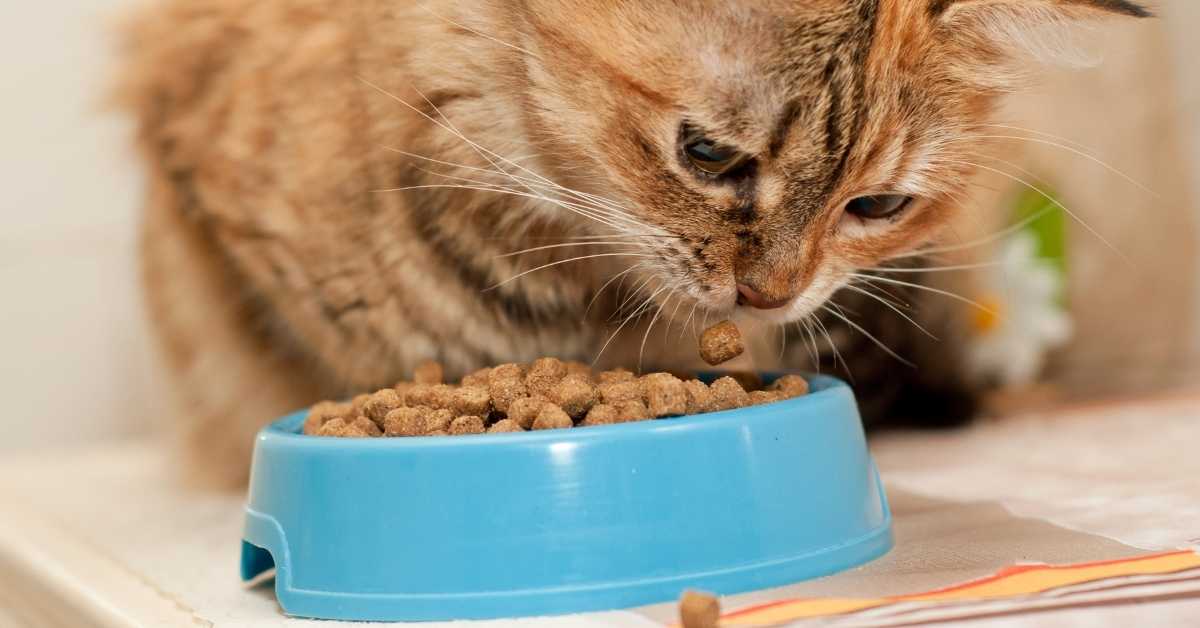
I know it’s not always possible to prevent your cat from getting sick or stressed, but there are a few things you can do to help them feel better after a vet visit.
Visit the Vet During Off-Peak Hours
If possible, try to take your cat to the vet during off-peak hours. This will help reduce their stress levels and make the visit more comfortable for them.
Bring Their Favorite Treats or Toys
Another way to reduce stress levels is to bring your cat’s favorite treats or toys. This will help them feel more comfortable in the unfamiliar environment.
Use a Calming Supplement
If your cat is prone to stress, consider using a calming supplement. This can help reduce their anxiety and make the vet visit more enjoyable for them.
Call Ahead and Ask Questions
If you have any questions or concerns, don’t hesitate to call your vet ahead of time. This will help you be better prepared for the visit and make sure your cat has a positive experience. Thank you for reading my post! I hope this was helpful.
FAQ’s on Cat not Eating after Vet Visit
Here are some commonly asked questions about cats not eating after a vet visit.
Is it normal for cats to not eat after vet visit?
It is not uncommon for cats to not eat after a vet visit. This can be due to stress, pain, or other factors. If your cat is not eating, try offering them different types of food, giving them their space, or offering their favorite treats. If you’re still concerned, call your vet for further instructions.
How long can my cat go without eating before I should worry?
The average adult cat can go without food for about 2-3 days. However, if your cat is not eating and showing other signs of illness, you should call your vet as soon as possible.
Can a cat be traumatized after vet visit?
Yes, cats can be traumatized after a vet visit. This is usually due to stress or anxiety. If your cat is showing signs of trauma, call your vet for further instructions.
Should you force feed a cat?
You should never force feed a cat. If your cat is not eating, try offering different types of food or their favorite treats. If they’re still not interested in food, call your vet for further instructions.
The Bottom Line
Finding your cat not eating after a vet visit can be concerning. However, there are a few things you can do to help them feel better. Try offering their favorite food or treats, using a calming supplement, or providing them with a comfortable place to rest.
I found that the best way to stop my cat from not eating after a vet visit was by using a calming supplement. This helped reduce their stress levels and make the experience more enjoyable for them.
If they’re still not interested in food, call your vet for further instructions. Thank you for reading! I hope this was helpful.

